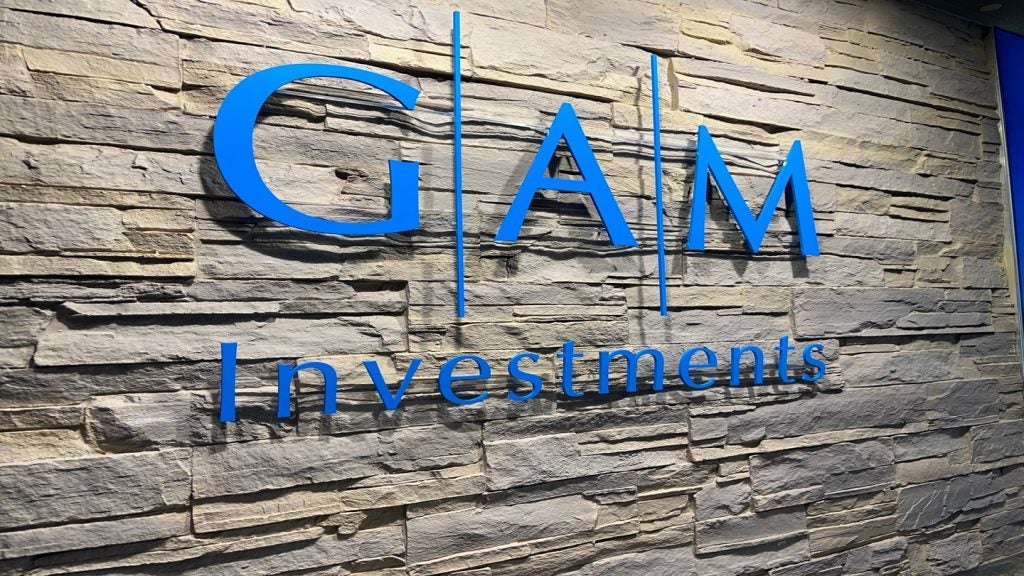
Dolfin believes it has found the ultimate solution to marrying technology with the individual service of a bespoke wealth manager. Oliver Williams speaks with Nick McCall, head of Wealth Management at Dolfin about bionics and AI.

OW: Dolfin recently acquired Falcon Private Wealth, the UK unit of Switzerland’s Falcon Private Bank. What was the rationale behind the acquisition?
NC: I used to run the Falcon Private Wealth business in London and had been informally advising Dolfin on building up their wealth business.
I knew that they [Falcon] were looking to divest their London business for strategic reasons and that the franchise would be a good match with Dolfin’s business model.
Dolfin bought the business through an asset purchase, not a legal entity purchase. That was finalised in early May this year and we’ve had an extremely high retention rate with clients since then.
OW: Given the huge number of wealth managers now in London, let alone private banks, how does Dolfin differentiate itself in a crowded market?
NC: There is a huge number of wealth managers in London. But very few have their own custody and execution platform.
Dolfin does, however, and that means we can manage the client’s assets for them and also the execution. Its unusual for a wealth manager to have that custody and execution capacity and it’s a huge benefit because obviously you then control the whole client experience all the way from onboarding to what kind of execution you get, as well as the traditional wealth management product.
The experience is much better. You get better price discovery and low costs. If you can shave away cost from a client’s portfolio you’re already ahead of the competition.
OW: Speaking of client experience, Dolfin is developing an end-to-end technology platform which allows clients to manage their portfolio. Given that some of these ‘robo’ platforms have recently proven unprofitable or unpopular, how do you expect Dolfin’s to perform?
NC: Some of these platforms have traditionally been retail or mass affluent ones. I think those markets have struggled to make money.
What Dolfin has been doing is different. Yes we’re using technology, but we’re using it to digitise very onerous processes – like onboarding, AML and KYC checks, and client reporting – not to automate the investment advice process (which is done by our investment team, offering both discretionary and advisory services).
That’s what has made a relationship manager’s life miserable. If you can make that more efficient, you have a happier relationship manager who has more time to speak with their clients.
What this allows you to do from a business perspective is manage volume. The technology will be used internally and eventually institutional clients as well.
OW: Will the technology be cost-effective?
NC: It is already is.
OW: What is the future of Dolfin’s business model beyond the technology focus?
NC: We’re looking to grow our international business base, primarily as an emerging markets franchise.
We are strong currently in Russia and Eastern Europe. We have a very strong China franchise, which we definitely want to expand on. We’d like to grow the Middle East more but it has its challenges with geopolitics. We would like to break new ground in Latin America as well.
The first touch point we have with many clients in emerging markets is the UK investor visa. If a client needs to set up a UK investor visa, whether they are from China or another part of the world, we’ll set the whole thing up for them.
OW: UK investor visas are incredibly popular among the Chinese investors right now. What is it about the UK they like so much?
NC: When you’re in the private banking business you have to follow the geopolitical waves.
If you go back in history, it all started in the 1990s with Saudi Arabian money and then Russia started to be the place money came out of.
Now China is definitely the next wave. There are huge amounts of wealth being created and they will want to diversify outside their own country and the UK is an obvious destination for them.
But I wouldn’t be surprised if we start seeing a lot of inquiries from Hong Kong in the near future.







